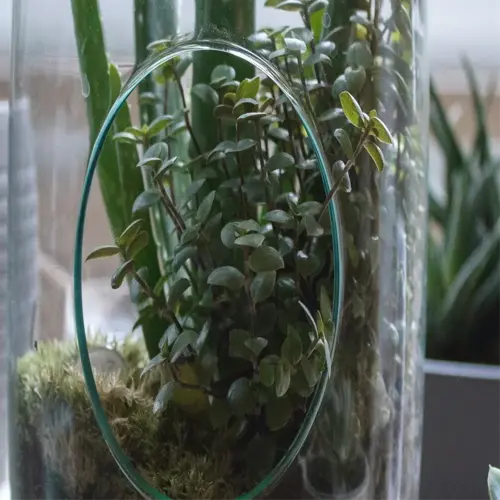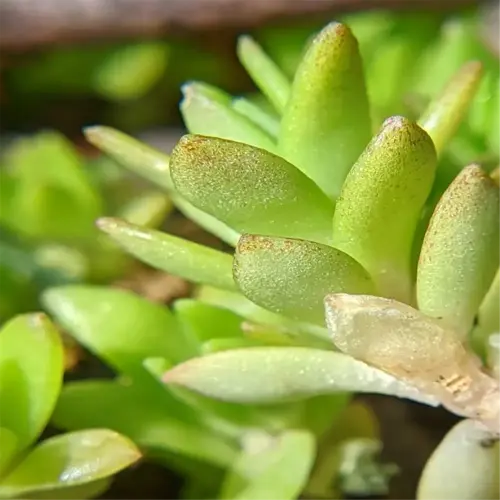Does tap water affect soil pH tests?

Written by
Kiana Okafor
Reviewed by
Prof. Martin Thorne, Ph.D.Tap water helps to undermine the accuracy of soil pH testing without any detectable indication. Chlorine can elevate pH readings by 0.3-0.5 units, while minerals in well water can falsely raise alkalinity. I have had to re-calibrate tests for clients using tap water because when I switched them to distilled water, the pH was 6.1 instead of 7.4.
Tap Water Contaminants
- Chlorine: Raises pH for 48-72 hours
- Dissolved calcium: Falsely alkaline readings
- Sodium bicarbonate: Common in municipal supplies
Water Prep Protocols
- Use distilled water for slurry tests
- Filter well water through reverse osmosis
- Wait 72 hours post-irrigation to test
Understanding regional water profiles is important. Limestone aquifers can provide 200+ ppm calcium to well water and if unfiltered this can skew pH tests towards higher alkalinity. A client's soil in the Midwest, labeled as "alkaline soil", actually was neutral soil with unfiltered well water falsely indicating a pH of 6.9 for years.
Timing resolves a large portion of the battle. Test the water 3 days after watering to avoid chlorine distortions in the sample. If testing sandy soils, use 5 days since their quick draining will concentrate minerals. I typically develop testing windows for all of my clients that work with their irrigation schedules and soil textures.
Read the full article: Soil pH Testing: 7 Essential Steps for Accurate Results

